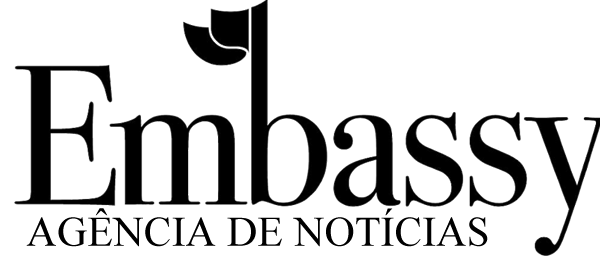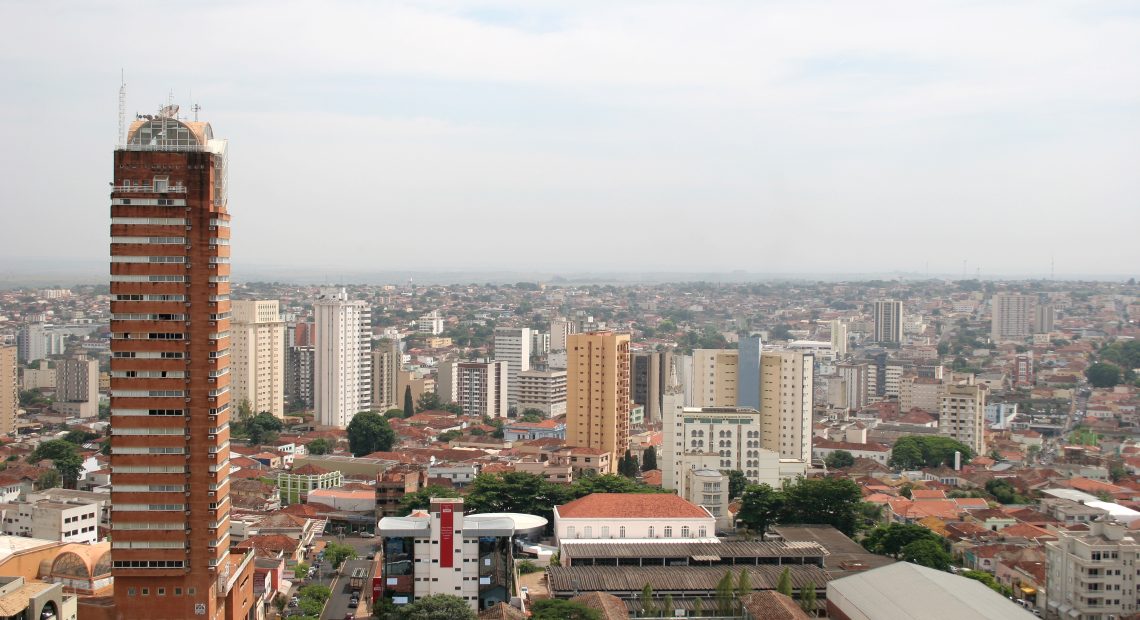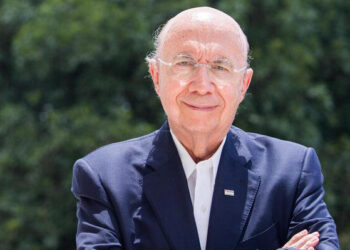Some 80 executives and authorities attended the launch of the first EPZ in the state of Minas Gerais. The 260-hectare area is available to industries as varied as agribusiness, pharmaceuticals and footwear.
Bruna Garcia Fonseca
bruna.garcia@anba.com.br
São Paulo – This Friday (26) saw the launch of an Export Processing Zone (EPZ) in Uberaba, Minas Gerais, with some 80 executives and authorities in attendance. This is the first EPZ ever in the state, which is setting out to bring in investment by Brazilian and non-Brazilian businesses that wish to export goods in industries as varied as agribusiness, pharmaceuticals, insecticides and footwear.
The municipality is making a 260-hectare area available for companies to finish up their products, thereby becoming entitled to tax incentives, drawback (tax exemption on input imports) and other advantages. The EPZ’s executive director Glauber Faquineli said an Export Processing Zone is nothing but a free zone, an industrial district with tax breaks.
“We have seen EPZs mature significantly in Brazil over the last few years, and we want to clear up the mystique of what the zone is about, and to attract local industries as well as foreign investors,” said Faquineli. He said he’s in talks with pharmaceutics, insecticide and footwear manufacturers.
According to the executive, the region’s working on the Intervales project, designed to create a logistics hub, with construction of an international airport for passenger and cargo transportation, in addition to existing railway and highway connections with the ports of Santos, in São Paulo, and Tubarão, in Espírito Santo.
For Faquineli, the Arab Brazilian Chamber of Commerce is a key partner when it comes to getting in touch with the Arab world. “I believe that considering the region’s vocation for agribusiness, the EPZ might be of great interest to Arabs, and the Chamber can get us across to them,” he said.
Arab Chamber CEO Michel Alaby, who attended the launch, said EPZs are good for Brazil, since they will create jobs and income, as well as finished good exports, whose added value is much higher than that of commodities. Alaby said Arab countries are interested in EPZs when it comes to agribusiness products, like processed beef.
Uberaba mayor Paulo Nogueira told ANBA that agribusiness is the premier activity in the area, accounting for roughly 60% of its Gross Domestic Product (GDP). He mentioned a meat packer in the city that used to ship 90% of its output to the Middle East, halal-certified. That’s the type of business that can reap the advantages EPZs can offer.
“But that’s not all,” Nogueira pointed out. Aside from the agroindustry, he said that, for instance, a local tattoo ink factory that “sells to dozens of countries” might take an interest in the EPZ. “Production falls short of demand,” he said.
“We are going to need more, we cannot focus in agribusiness alone,” Nogueira stressed. In addition to tax breaks, he said the Uberaba City Hall is offering affordable plots of land in the EPZ, with costs as low as zero, depending on the jobs and revenue a company will create. “We have a progressive incentive evaluation scale,” he added. The mayor said Russian and Chinese entrepreneurs have visited the area.
The executive secretary at the National Council for EPZs, Thaíse Dutra, attorney Leonardo Rabelo, with the Brazilian Ministry of Industry, Foreign Trade and Services, and the Economic Development secretary of the Uberaba Municipality, José Renato Gomes, will also travel to the UAE. Their plan is to advertise the Uberaba EPZ to investors from the Middle East and the world over.






